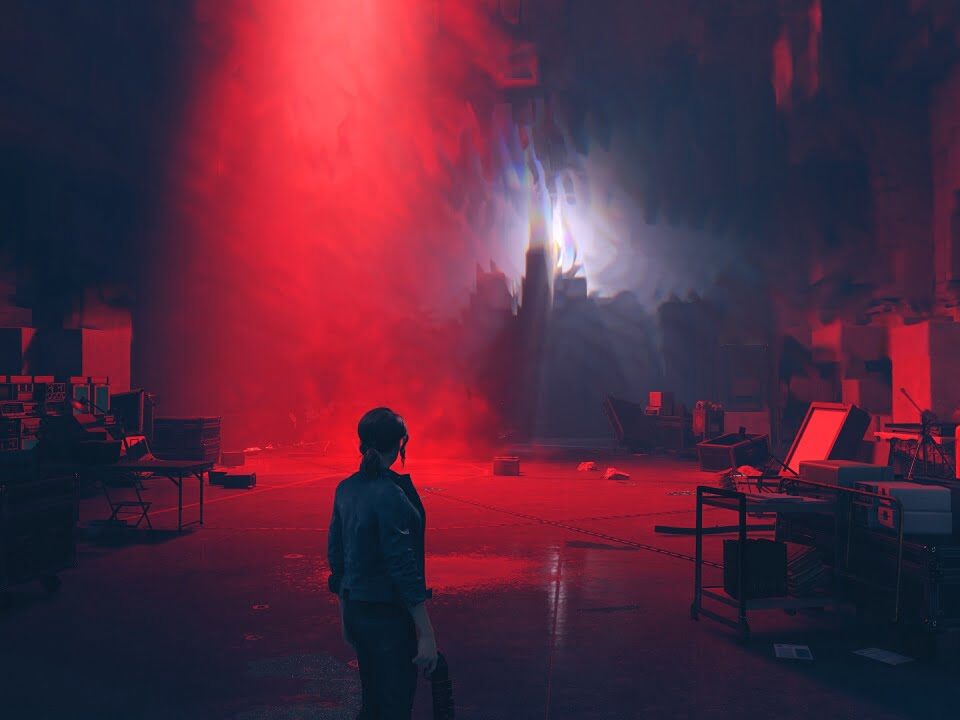Remedy has always been a studio that cares about the single-player experience.
Max Payne, Alan Wake, Quantum Break; no matter which of the studio’s exceptional offerings you look to over their time as an underrated industry veteran, you’ll see strong, narrative-centric experiences that empower you as much as they make you think. Control, the studio’s new sci-fi action game, is no exception.
It’s a permanent showcase of what makes Remedy such a unique and progressive studio, its confidence in taking its world to strange, dark and utterly weird places delivering an experience that’s remarkably bold. It doesn’t always work. Ethereal elements and hands-off approach to story often leaving you grasping for more, but when Control’s firing on all cylinders, it’s the kind of game that you’ll scour to uncover every last secret. I wouldn’t say its Remedy’s finest outing, but it’s easily their most adventurous, daring, and ominously mysterious.
You take the role of Jesse Faden, an enigmatic woman with a secretive past that uncovers a paranormal investigation bureau known as The Oldest House. This ancient facility contains and studies common objects afflicted with significant supernatural power as well as other, more dangerous paranormal phenomena. However, all is not right within the walls of the Oldest House upon Jesse’s arrival. For one, the building is in lockdown following the emergence of a malicious ghostly entity known as the Hiss, while the bureau’s head director turns up dead mere minutes into our protagonist’s stay. Oh, and he’s left his prestigious mantel to an unusual successor: Jesse herself.
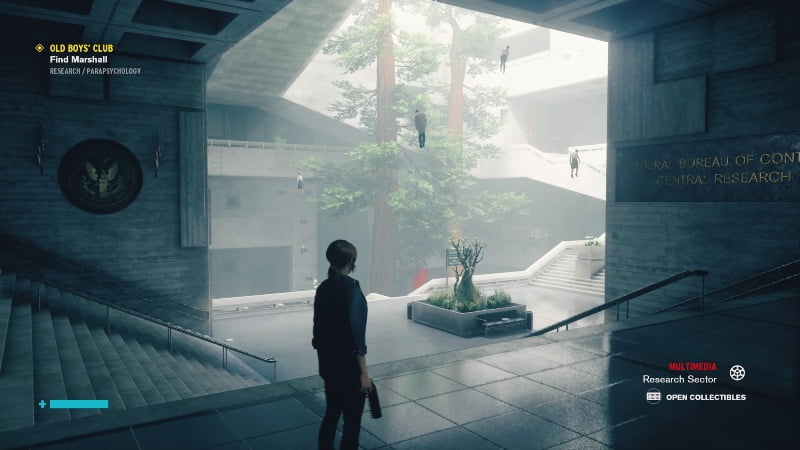
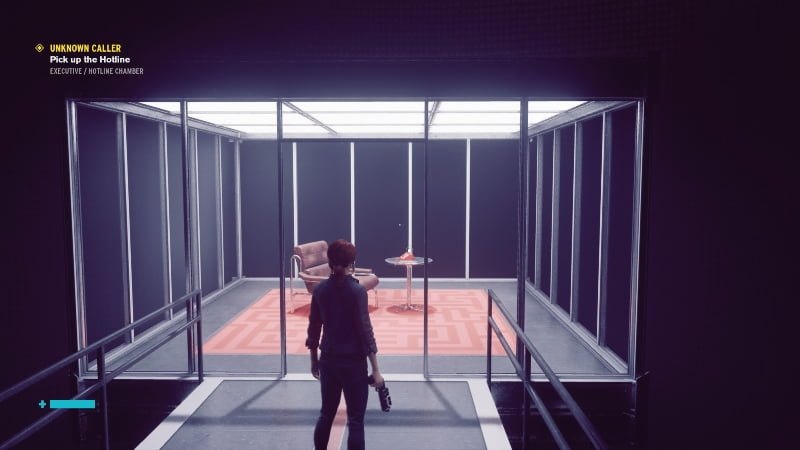
These are merely the opening moments of Control’s runtime and a strong set up for the mind-bending odyssey you’ll undertake over the next fifteen or so hours. That’s not to say the main through-line is flawless. In truth, Control’s central narrative is actually somewhat lacklustre, setting up numerous mysteries, sub-plots and character reveals that, surprisingly, are never resolved. It feels like three-quarters of a brilliant narrative due to a severely hasty third act. Jesse’s past, the deeper secrets of a few key characters and the source of the bureau’s problems are left by the wayside in favour of an explosive action sequence that lacks closure or answers.
However, Remedy’s aptitude for fascinating world-building, side-objectives and characters means that, despite its problematic main narrative, Control still feels like an engaging, story-driven experience. Exploring the halls of The Oldest House comes with reams of hilarious, tragic and horrifying sub-stories, ranging from a murderous fridge that kills anyone who won’t look at it (what a diva) to a suspiciously familiar pink flamingo ornament that teleports anyone foolish enough to touch it to the astral plane. The game is liberal with expansive files, video tapes and audio logs as well, meaning that if – like me – you’re a glutton for lore, you’re in for an absolute treat.
The select few survivors who roam the halls are a source of engaging world-building also, often having interesting backstories to tell and fun side-missions to undertake. It’s clear fleshing out the world of Control gave Remedy the opportunity to express their writing chops, with adventures off the beaten path netting dozens of weird and wonderful moments.
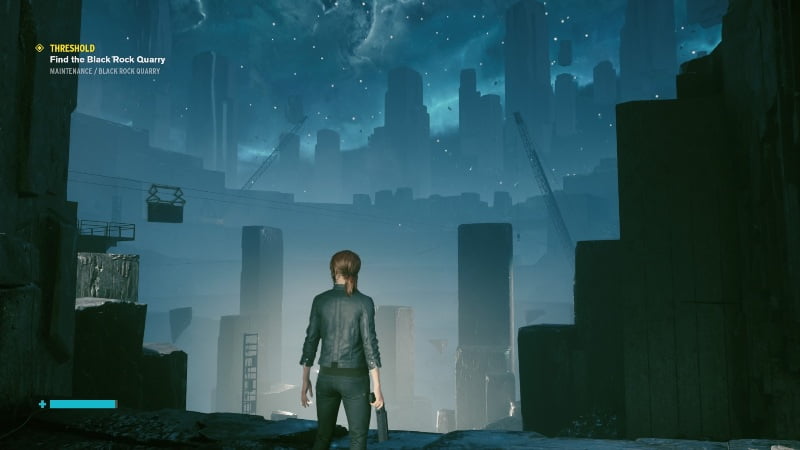
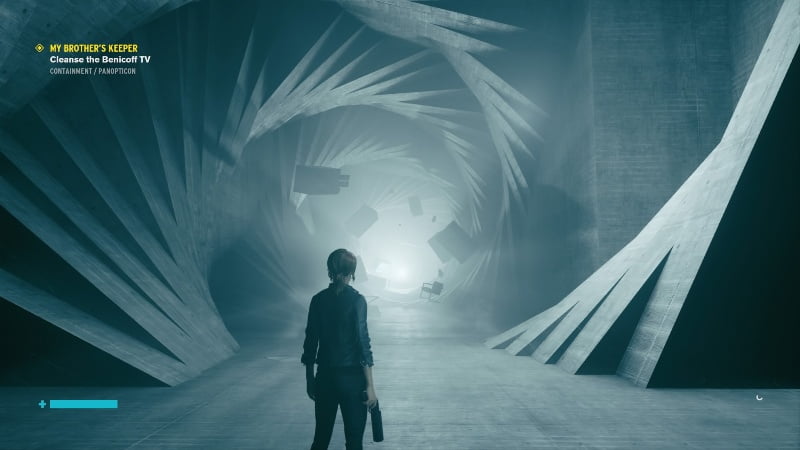
Yet, it’s the creepy atmosphere of Control’s world that gives it the most character. From the striking imagery of lifeless, grey office spaces populated by the floating husks of their former workers to the bold red lighting that illuminates every area infested by the Hiss, the game’s exceptional art direction oozes personality. It feels like a nightmarish fever dream of spiralling corporate corridors and eerie industrial laboratories, all serenaded by the ever-present demonic chanting of the Hiss. I’d argue its Control’s strongest asset, and the backbone to its superb world-building and characters.
When you’re not interacting with the game’s story, you’re likely in combat, which, unsurprisingly for Remedy, is substantial and slick. While you start with little more than your trusty service weapon – which you eventually upgrade to morph into a shotgun, machinegun, rocket launcher and laser sniper – you eventually gain access to supernatural abilities. These new additions to your arsenal are scattered generously throughout the campaign, ranging from a moreish levitating mechanic to an infinitely satisfying telekinesis power that allows you to hurl objects at your foes.
The enemy variety is a little less exciting. Most of the evil Hiss forces vary between normal grunts, shield-carrying heavies, and flying demons that attack at range. There are different sub-categories of all three, but it doesn’t prevent battles becoming monotonous during the campaign’s final few hours. After levelling up your abilities, you’re simply too strong for these enemies and it can leave many encounters feeling lengthy and frustrating. It’s especially annoying as lingering in an area for too long causes Hiss to spawn – a fact that grates when you’re trying to solve a tricky puzzle or find a certain area. Boss battles do begin to alleviate these repetition issues, with many coming in the late game and forcing you to switch up your playstyle.
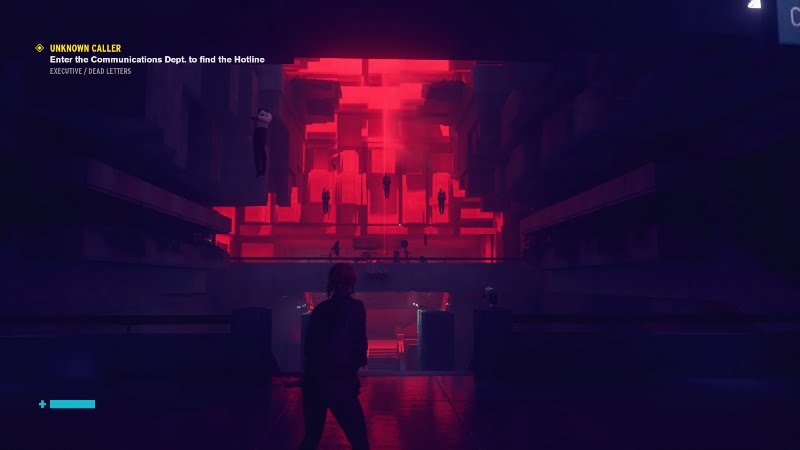
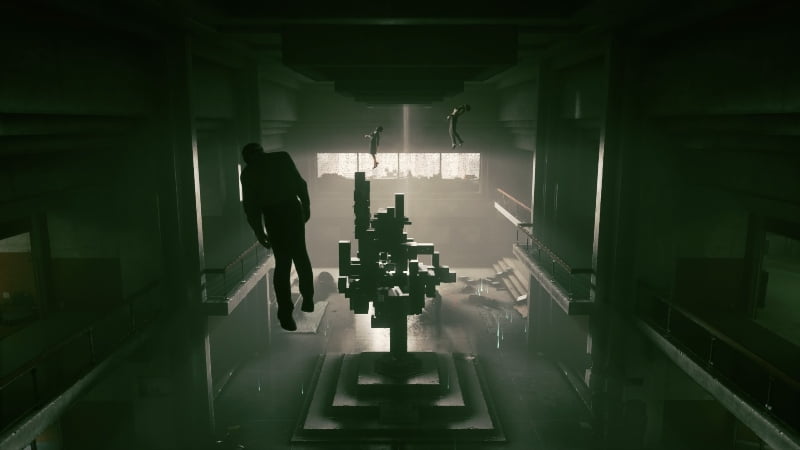
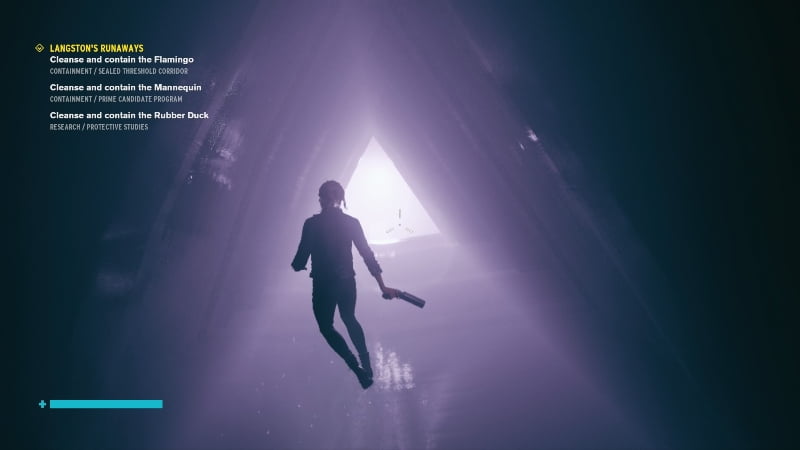
One glaring negative when it comes to Control, however, is technical issues. While Remedy is dropping a patch for release that looks to fix a lot of its problems, the number of bugs, glitches and technical issues I came across during my time with the game was obscene. I saw bad texture pop-ins, full-on crashes, buggy cutscenes, out of synch dialogue, slow loading speeds, frame drops in large scale battles; hell, the game freezes every time you leave the pause menu or complete a mission.
In the end, Control is kind of like going out with your best mate when they’ve had a few too many to drink. You love them and you’re having a great time, but there’s no disputing that they’re a bit of a mess. (It’s worth pointing out that Callum was reviewing Control on an original PS4, perhaps another sign that the non-Pro/X variants of the current generation are showing their age when faced with the most ambitious modern games – Ed.)
Overall, Control is another solid title to add to Remedy’s line-up. Its third act is a letdown and there are a lot of technical issues that need patching, but the atmosphere, world, and fun combat ensure this a terrific single-player experience. The world needs more games as crazy and bold as Control, and with any luck, it’ll put Remedy back in the position to make them.
Game: Control
Platform: PS4 (reviewed), Xbox One, PC
Developer: Remedy Entertainment
Publisher: 505 Games
Release Date: August 27, 2019
